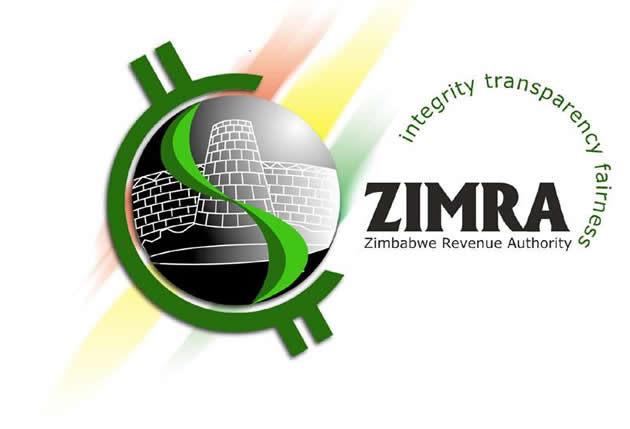The Zimbabwe Revenue Authority (ZIMRA) has embraced technology in its fight against corruption and smuggling at the country’s borders.
The technology is meant to lessen human interaction and plug revenue losses.
ZIMRA is planning to use drones at the ports of entry and is also building a National Surveillance Centre in Harare to monitor footage from all areas, especially crime-prone zones.
ZIMRA is also installing CCTVs to enhance security systems and provide more reliable ways of monitoring crime.
Speaking at an #I’mForZero corruption campaign meeting in Bulawayo Tuesday, ZIMRA ICT Director, Shami Moyo, said the authority was embracing technology to actualise its fight against corruption.
“Our digitalisation aims to have fully automated systems for customs and tech administration as we try to eliminate human interactions and interfacing where possible. We realised corruption comes when people are influenced or swayed in the wrong direction so we want to automate our operations and processes,” he said.
Moyo noted that ZIMRA was building a National Surveillance Centre in Harare, part of the structures that will be used to gather and monitor information throughout the country.
“We are putting CCTVs at the borders and at the new border in Beitbridge, you will realise that we have modern infrastructure there, every digital generated event will be captured and monitored,” he said.
The ICT director said ZIMRA would soon be using drones to get real time information and cover all borderlines even outside the border area.
“We have already initiated this and we expect that before the end of this year we should start to use drones that will pick any dark spot. There will be no sacred cows with this one and we have actually had clearance, working with the security cluster that we cover all areas no areas will be left,” Moyo stated, adding CCTVs will help ZIMRA create digital footprints and store permanent records.
“We will have people who will monitor what transpires at any given time. Time is really running out for those who are corrupt. We are trying to make sure we cover every inch at the border through digital surveillance. We will try to make sure these people are separate from those working at the border but are sitting elsewhere checking for any suspicious activity.”
The ICT director noted that ZIMRA had also implemented an electronic cargo tracking system (ECTS) to track trucks that passed through the borders and goods they were carrying.
“For those who are importers, there were big challenges, particularly in the fuel sector where they were competing with others who brought fuel into the country but did not pay duty, as they purported to be transiting. The electronic tracking system will track trucks when they enter the border and track them on a geo-phased route out of the country so that we eliminate dumping of those goods in the country,” Moyo highlighted.
Moyo stated that when ECTS was implemented, there was a ‘big’ drop in the number of trucks that claimed to be transiting while duty went up from importers bringing in fuel.
He added that ZIMRA had also abolished the Customs Clearance Certificate (CCC) for vehicle importation by integrating with the Central Vehicle Registry for data sharing.
“This one area was a challenge as there were people who were taking advantage of loopholes in the importation of vehicles as we had manual interfaces. Abolishing manual CCCs improved controls on generation and usage of CCCs. We are still building on ASYCUDA to try and remove human interaction,” Moyo said.
ZIMRA is yet to digitalise the system of change of ownership but was working on it , Moyo noted, highlighting that fraud, corruption around the CCC “has been reduced in a big way.”
Moyo said another concern for ZIMRA was the manual handling of Temporary Import Permits (TIPs) platform for travellers, especially in the southern region of the country where there was a lot of movement from South Africa.
“We have developed an application for electronic TIPS so people must do their applications before they get to the border where they are supposed to go through an express lane and avoid delays,” he said.
The ICT director also acknowledged that ZIMRA was lagging behind with scanning goods at borders but would procure non-intrusive equipment.
“Even at the modern border we still have delays scanning of cargo but we have already initiated a project to procure fast scanners that will scan vehicles without stopping so that we remain effective in our facilitation but at the same time picking those who may be bringing in illegal stuff. We will start to see this towards the end of year or next year,” Moyo said.

